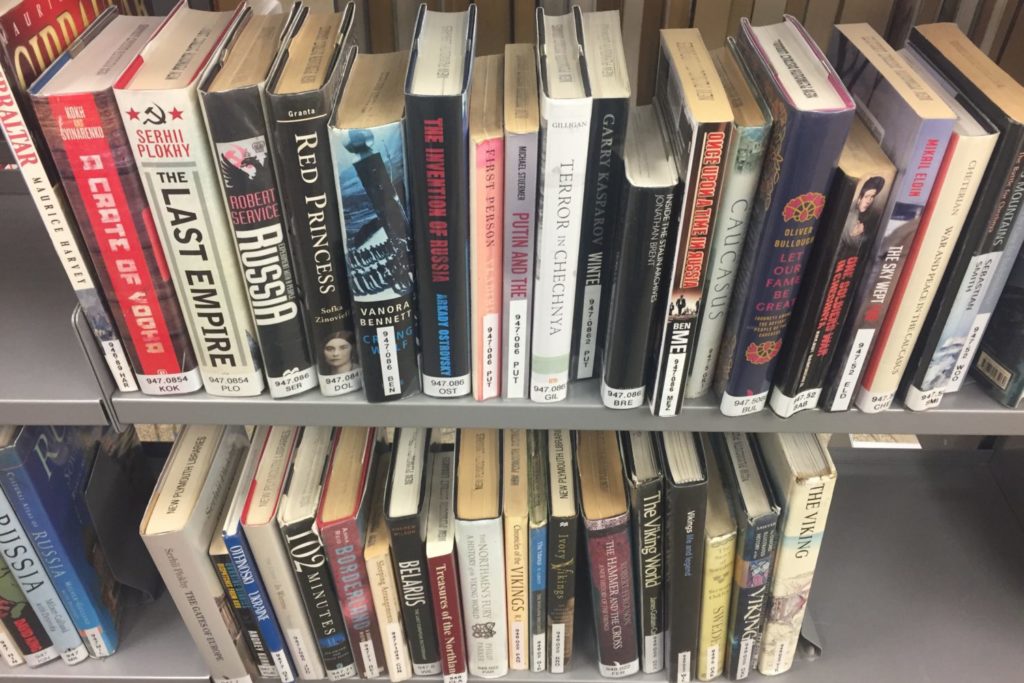Books: Truth or Lies
Books might just be to blame.
Like an undertaker at a rest-home aerobics class, I was loitering in a book store when I realised that the way books are classified is a little odd. No, I’m not talking about the Dewey Decimal system that although invented way back in 1876, was in the 1960’s (when beehives ruled the skies) talked up as the best thing since bell bottomed trousers. Unfortunately, after more than 40 years of whispering in libraries I still have no idea how the Dewey system works. It is little wonder that I now pad past the library, preferring bookshops.
Which brings me back to my recent observation that in the world of books, despite the efforts of Dewey (nephew of Donald?), there are really only two classifications. Just two. Fiction and non-fiction.
If you read your history (good luck finding it in a library), it wasn’t until the 19th century that it become common practice to divide literature into fiction and non-fiction. Up to the 12th century it was assumed, mostly by monks who despite their silly haircuts took life very seriously, that books contained only truth. The bible being a good case in point. After all, why would anyone go to the trouble of writing bollocks? These monks make a good point. However, it didn’t talk too long for introverts with no friends to twig that you could just make stuff up and entertain not only yourself, but old people who haven’t yet lost their glasses. Hence the fiction/nonfiction divide was born.
This separation of porkies and truth seems to work very well for books – no grey areas of classification here. Floor 1 is filled with made up stories about randy rich horsey types named Tilley, and Floor 2 covers war, pestilence, and cooking.
It occurs to me that this simple book classification system now appears to becoming applied to everything. Let me explain.
Increasingly the world is becoming split into just two categories. If you watch Fox news, which you should if you ever want observe blatant media bias, you will observe this split I refer too.
The Fox world view, which represents white redneck America, is simple. The world is either Christian or Muslim, or as Fox like to call it, American or evil. Likewise capitalism or communism, or as Fox like to call it democracy or evil. Or take climate change that is framed as either true or false, or as I like to call it ‘wet or dry’. I could go on, but you get my drift. The greyness of nuance is now subjugated by the simplicity of self righteousness. The world is increasingly described as ‘this or that’, and we are asked to choose which side we are on. We are forced into this rhetoric – asked if we are for austerity or spend, burka or no burka, Brexit or stay, welfare or boot camp, rugby or soccer.
We are now expected to take one side or the other. Society does not seem to be interested in subtle middle ground. Can’t I like both rugby and soccer. Can’t I be a little bit communist? Can’t I say ‘it depends’? It would appear not. Both sides of the political spectrum demand I commit to their package of ideas and classification. Whichever side we choose, the other side labels us as truthsayers or liars, non-fiction or fiction.
In short, we are falling into the old fascist trick of thinking that complex problems can be solved with simplistic solutions. We see this very clearly with Mr Trump in the US and Brexit in the UK. No doubt the effervescent Angela Merkel will lose her next election – how dare she let in all those immigrants – no wonder German trains don’t run on time any more.
Isolated as we are here in New Zealand, it’s taking a bit more time for Yin and Yang to hit us. We are still happy with Mr Key who as a self confessed right winger confuses us with his pro gay and anti racist persona. However, once he retires to his ‘bach’ (322sq m with three bathrooms, a lift, limestone floors, plush carpet and cherry cabinetry) in Hawaii, we will, like the rest of the world be asked to decide which side we are on.
Ironically, the perpetrators of the ‘choose one side or the other’ are generally readers of non-fiction, not fiction. You would think it would be the other way round wouldn’t you. You would think that a reader of fiction (where everything is made up) would be prone to a simplistic world view and the non-fiction readers would see the world as subtle and complex. Yet, try asking your friends which they read and I think you will find that a liberal voice comes from those who read novels, and a conservative voice from those who don’t. Now isn’t that interesting?
Richard Alexander Bain
self confessed bookworm

